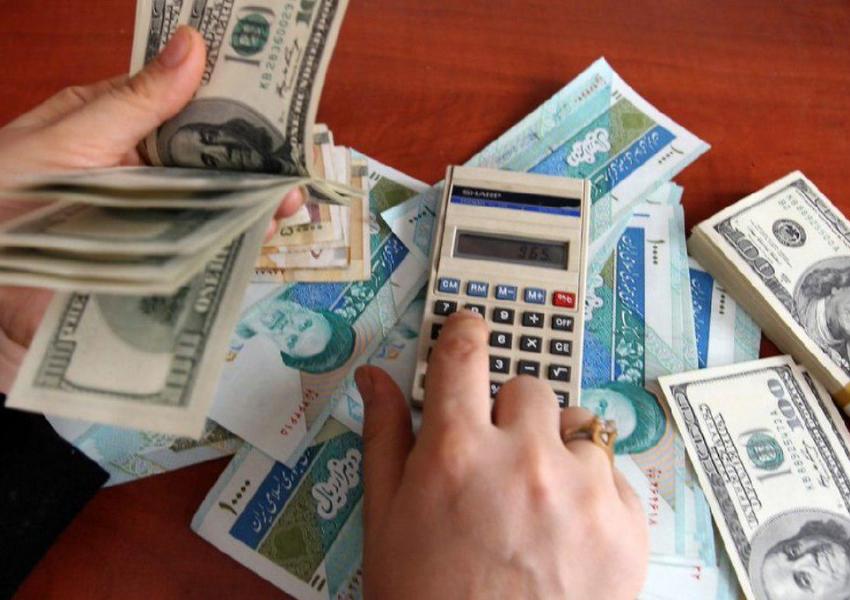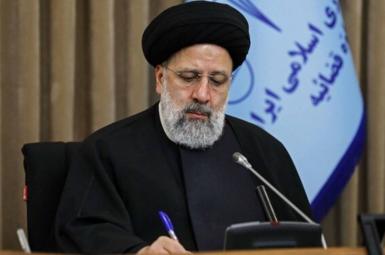
Capital Flight Continues As Investors Lack Trust In Iran's Future
Capital flight from Iran continues in 2020 as trust in the local economy and the political future of the country remain low, media in Iran reported December 2, quoting statistics by the Central Bank of Iran (CBI).
In the first three months of the current Iranian year, March 21-June 20, almost three billion dollars left the country as capital to be invested in safe heavens, while Iran suffered shortage of foreign currencies and the rial lost considerable value against the dollar. In fact, local media says if it was not for the rise in the dollar’s exchange rate, more capital would have been sent abroad.
Iran’s currency has steadily fallen since the 1979 revolution when 70 rials bought one US dollar. Today, 260,000 rials equal one dollar. Capital flight also has been a fixture of the Iranian economy. Central bank figures show that in the past ten years $113 billion has left the country. During this time Iran has faced six years of heavy international and American sanction and loss of oil export revenues.
In 2019, Iran exported less than $20 billion crude oil because of US sanctions, while in 2010 or 2011 when there were no sanctions and oil prices were high, Iran’s oil export revenue was more than $100 billion annually. This shows the amount of capital fleeing Iran is very significant compared with its oil income, in an economy suffering from lack of domestic and foreign investmants, high inflation and rising poverty.
The CBI numbers analyzed by Etemad newspaper and others show, that Iran’s 2015 nuclear agreement with world power, or specific periods of sanctions did not have a direct correlation with capital flight. From 2015 to 2018, when the nuclear agreement was in place and sanctions reduced, capital flight was $56 billion, showing a fundamental lack of trust in the country’s economy.
It is also by no means certain that the CBI numbers tell the whole story. Some capital flight takes place disguised as trade-related money trnasfers. Alos, businesses exporters are reluctant to bring their profits back to Iran and tend to keep it abroad. This year, Iranian officials often complained that even exporters who were benefitting from dollars provided by the government were not bringing back foreign currencies they earned, and the issue turned into a major national disgrace.
It is not clear if secret money transfers by state entities to buy technology or support proxy forces is part of the figures published by CBI, but the private part of capital sent abroad belong mainly to regime insiders who control a vast network of companies and capital.








